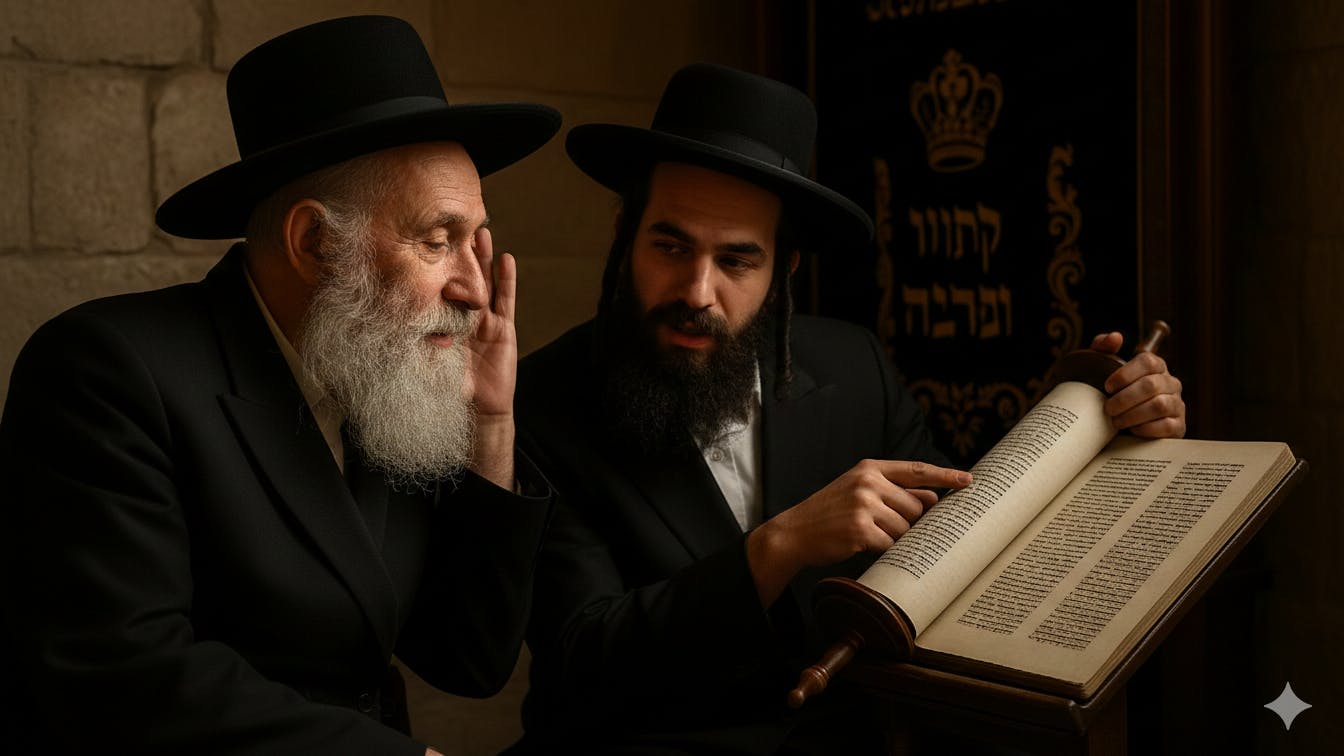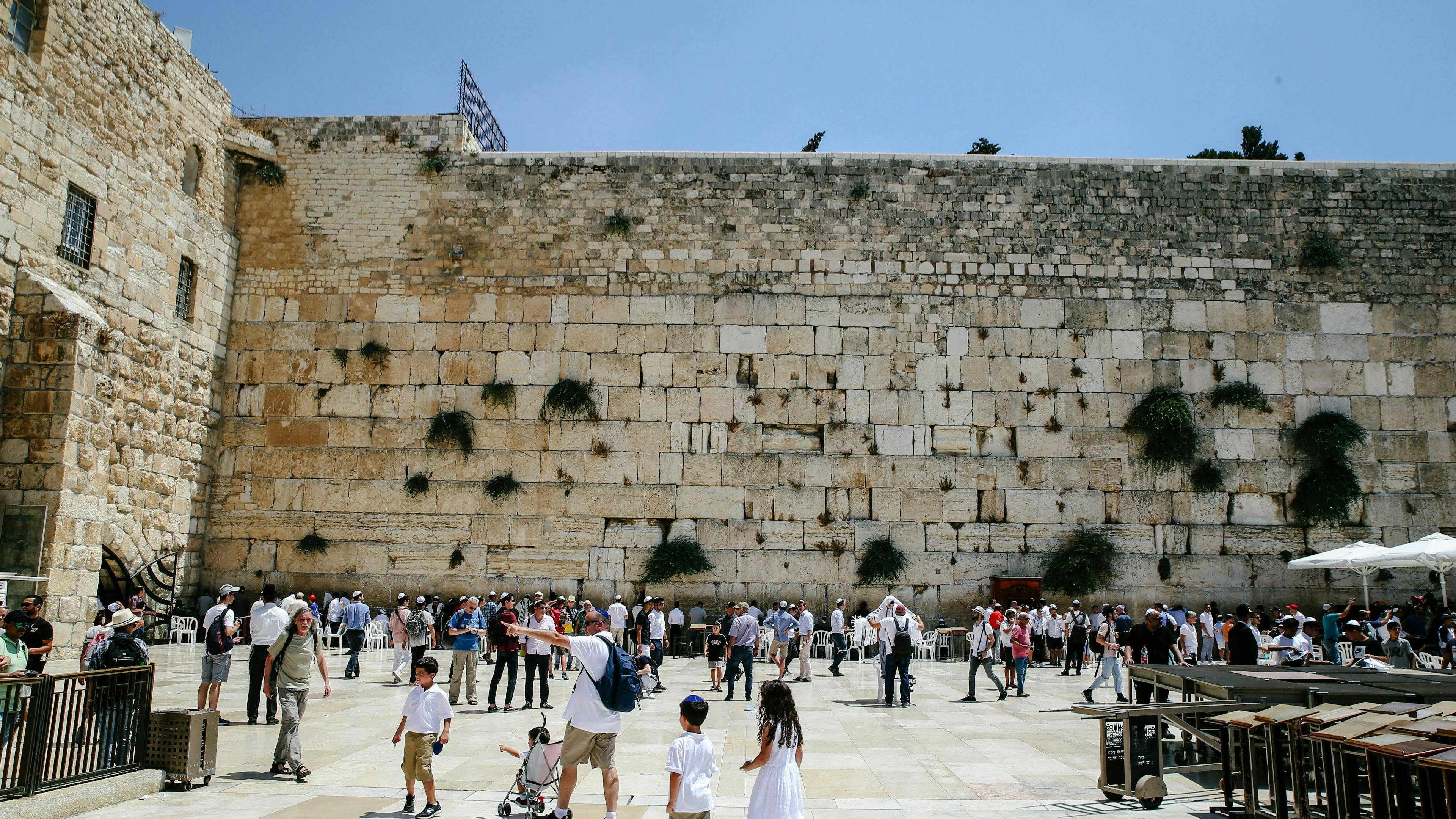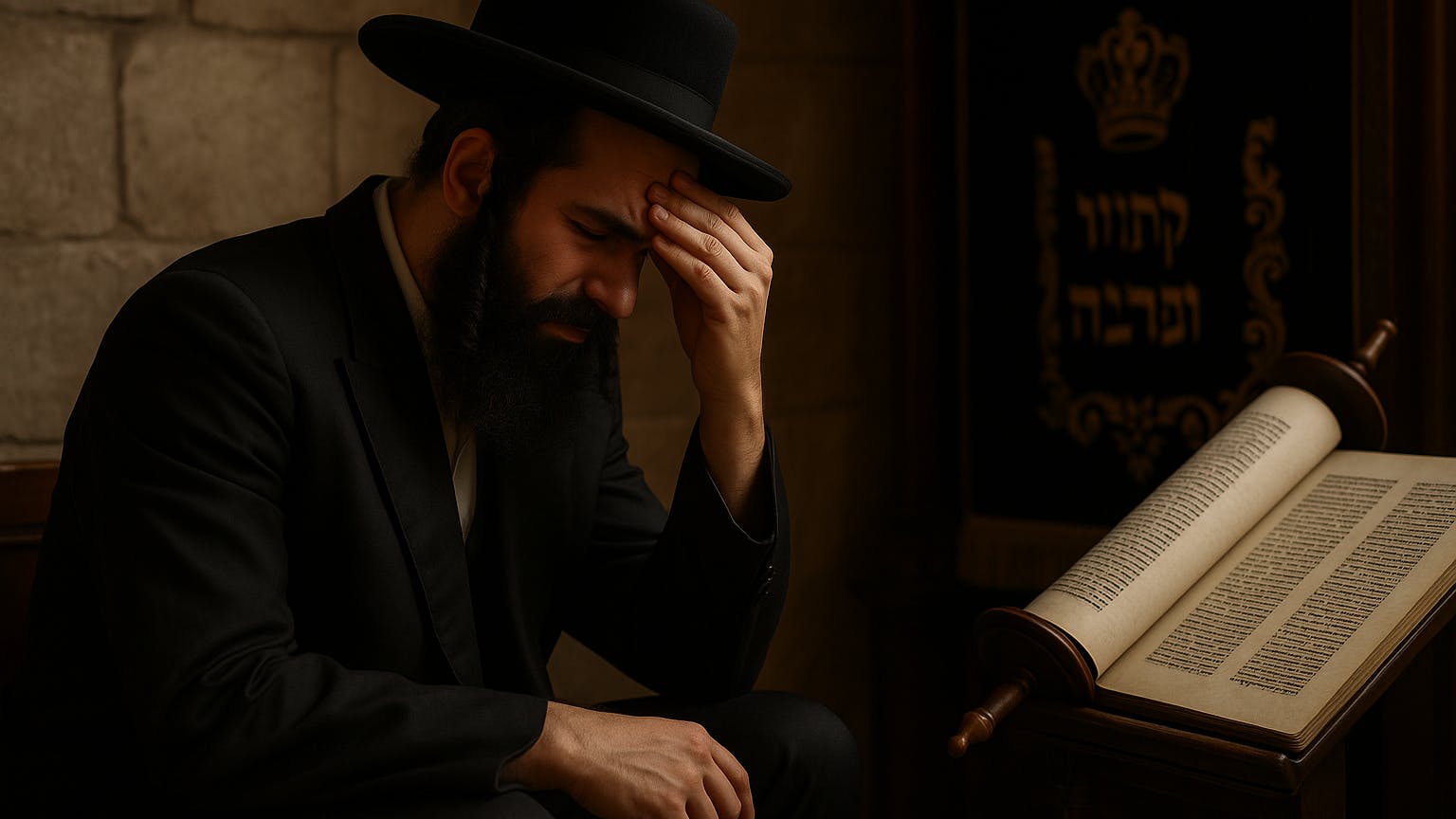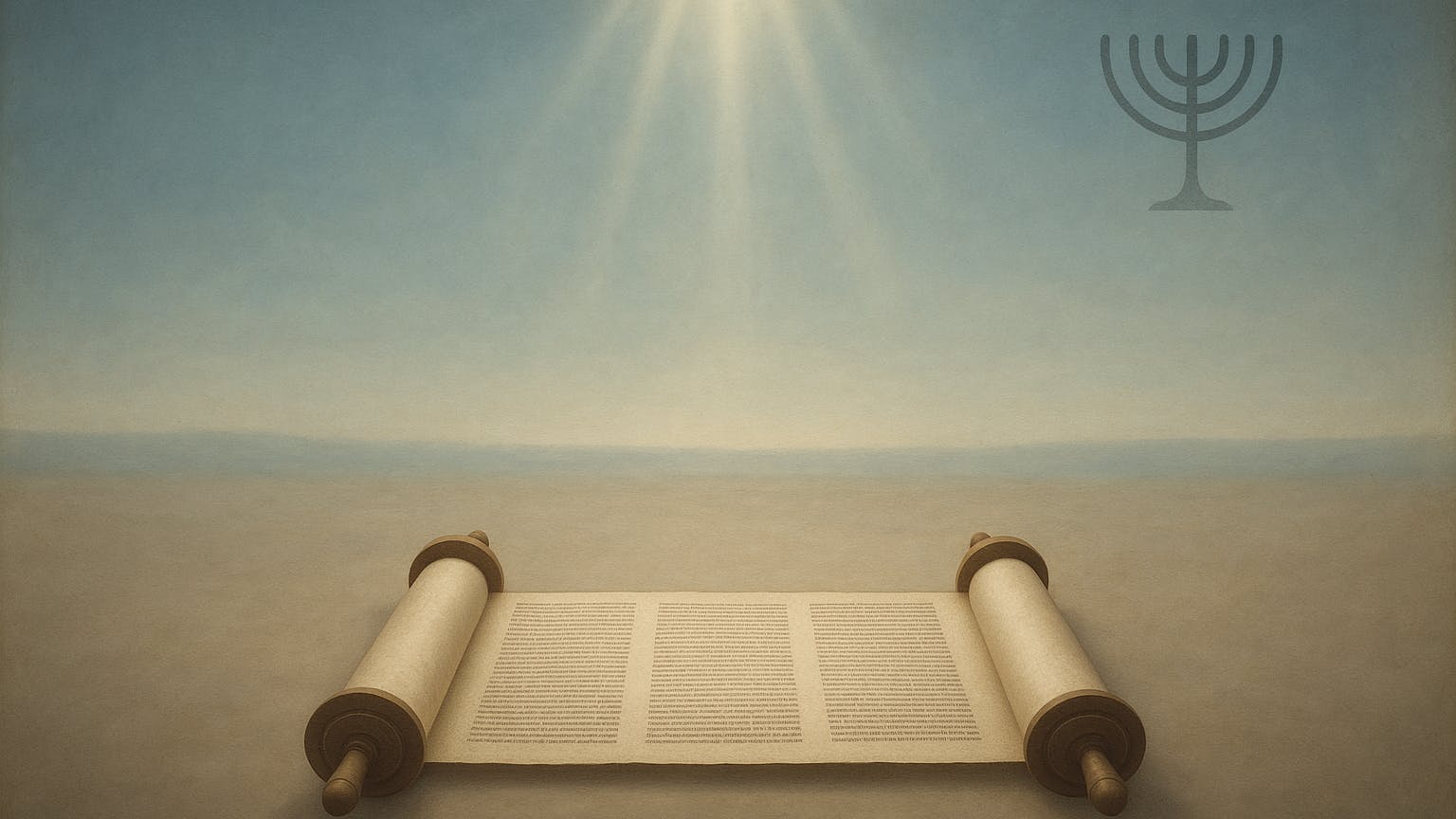Speaking about Passover, the famous rabbi Maimonides claimed that “it is a biblical positive command, to tell all about the miracles and wonders that were performed for our forefathers in Egypt on the night of the 15th of Nisan.” (1)
Certainly, God’s redemption of Israel from Egypt is the most famous detail of the passover story in the minds of many, yet there are several aspects of passover that we ought to consider. They are wonders in a different sense.
Passover was an outward representation of an inward spiritual reality. But what was that reality? Consider that the Israelites had been rescued from Egypt, where they had dwelt for 210 years, before the law was given to them at Sinai. What held Israel as a society together, therefore, would have been – along with their shared ethnic origin – their chronicles of God’s faithfulness towards Abraham, Isaac, and Jacob. In their religion before the exodus, the Israelites would have known of the akedah, that is: when Isaac was bound by his father Abraham, who was ready and willing to sacrifice him, yet God instead provided a ram for the sacrifice (Genesis 22:13). Abraham had earlier told Isaac that God would provide a lamb for a burnt offering (Genesis 22:8).
Thus when the Israelites, after eating the lamb, would have placed its blood upon their doorposts, and so be protected from the angel of death who was smiting the firstborn among the Egyptians (Exodus 12:13), their minds may have naturally turned towards their father Isaac. Abraham’s firstborn son was saved from death by a lamb in his place; the Israelites’ firstborn sons were likewise saved by the death of a lamb in their places.
Consider an Israelite at that first passover. Was the death of a baby sheep the furthest that his mind could reach, or was there a still higher reality which the lamb pointed towards? The Israelites, of course, did not only have the exploits of their father Abraham within their culture, but they uniquely preserved the entire chronological history of the world thus far – even back to the world’s first father, Adam. As the Israelites had preserved the ancient language of Hebrew spoken before the flood, so too they preserved their important words and acts – things which Moses would later set down in writing in the Torah.
Abraham’s father Terah was a pagan from another country (Joshua 24:2), and Abraham himself was born in Ur in Mesopotamia (Genesis 11:31) – and yet all Israelites and non-Israelites alike had Adam as their common ancestor.
Adam had sinned grievously against God, who had created him upright and in a covenant of life. Adam violated that covenant by listening to the voice of his wife and eating the forbidden fruit (Genesis 3:6, 17), therefore God cursed Adam and his wife, and cast them both out of the garden of Eden. Yet even in the midst of the gloom of his punishment, God graciously set forth his promise of a coming Messiah, telling Adam’s wife that this Messiah – her seed – would crush the head of the serpent, that is, the devil. And upon his sin, Adam and his wife realized that they were naked and hid, making themselves aprons of fig leaves (Genesis 3:7), yet God graciously provided them with coats of animal skins instead to clothe them (Genesis 3:21). Adam thus called her wife “Eve” (meaning “life:” Genesis 3:20) to indicate that she would be the mother of the life-giving Messiah, and those made spiritually alive in him.
Thus here we have a Messiah promised in the future to bring life, and the skins of animals to cover the shame of man in the meantime. Indeed, Jacob prophesied of a coming king in Judah, known by “Shiloh” (Genesis 49:10), and the Israelites in Egypt would have known of this.
The blood of lambs, then, would function as a type or a foreshadowing of what the Messiah would do, which is: to die for the sins of Israel. As the passover became an annual ceremony, the Israelites learned more about the Messiah: Moses explained to them that God would raise up a prophet like unto him (Deuteronomy 18:15-18), and the Messiah would be that greater prophet, as well as the king from Judah (Genesis 49:10).
An Israelite at the first passover would have had access to such information, and successive generations would see God’s plan for his Messiah more clearly, and thus, his representation as the passover lamb became evermore precious, as Israel advanced in age.
In the annual ceremony of the Passover, a man would have to ensure he complied with Israelite law in order to partake of the meal in a worthy manner (Exodus 12). For example, a Gentile could not join the passover unless he had first had his household circumcised (Exodus 12:48). Yet there was an inward preparation also required in the meal, as we see in the days of King Hezekiah. 2 Chronicles 30:18-19 reads:
2 Chronicles 30:18-19
“For a multitude of the people, even many of Ephraim, and Manasseh, Issachar, and Zebulun, had not cleansed themselves, yet did they eat the passover otherwise than it was written. But Hezekiah prayed for them, saying, The good Lord pardon every one that prepareth his heart to seek God, the Lord God of his fathers, though he be not cleansed according to the purification of the sanctuary.”
Thus we see here that inward preparation was more important than even external ceremonies.
Accordingly, the presence of haroset – that is, the bitter herbs – was to make the sinner weep and be bitter over his sin. Without the bitterness of herbs, one cannot appreciate the comfort of the lamb. Without knowledge of your own sinfulness, you will never fully understand the Messiah.
To put it all together then, what was required of an Israelite at passover?
He would have to realize his sinfulness (Genesis 6:5, Psalm 14, 51, 53, Jeremiah 17:9), and despairing of himself, not trust in his own flesh, but rather, trust in the promised Messiah (Genesis 3:15, 49:10, Deuteronomy 18:15-18), Jesus Christ, who would die for the sins of his people, led like a lamb to the slaughter (Isaiah 53), having his hands and feet pierced (Psalm 22:16), and rise again from the dead (Psalm 16:10). He would have to trust in the Messiah by faith, to thus be justified, because no man can be justified before God in his own person (Psalm 143:2), and thus would need faith in his redeemer, as holy Job had (Job 19:25), and so live a holy life by God’s grace (Psalm 15). The only way he could prepare his heart for the passover would be to have a new or ‘circumcised’ heart (Deuteronomy 10:16, 30:6, Jeremiah 4:4, Ezekiel 44:7, 9) – and it was to this reality that circumcision of the foreskin or flesh pointed.
Just as circumcision indicated the need for personal regeneration by God, so too the passover indicated how the regenerated person would be saved: by faith in the Messiah of Israel, who would die in the place of sinners, in the words of the prophet Isaiah:
Isaiah 53:4-5
“Surely he hath borne our griefs, and carried our sorrows: yet we did esteem him stricken, smitten of God, and afflicted. But he was wounded for our transgressions, he was bruised for our iniquities: the chastisement of our peace was upon him; and with his stripes we are healed.”
The Messiah is the true meaning of passover, and it is in this context that God redeemed the Israelites out of Egypt: as a beautiful picture of how he redeems his people from sin.
But just as we should not only see a lamb at passover, but rather, Messiah as the passover lamb; so too, let us not merely acknowledge Israel’s redemption from Egypt, but let us also see our own need for spiritual redemption from the “Egypt” of our own sinfulness. And this need must drive you to cry out to the Messiah: the true lamb of passover.
More Topics
You might alsoo be interested in these topics.




